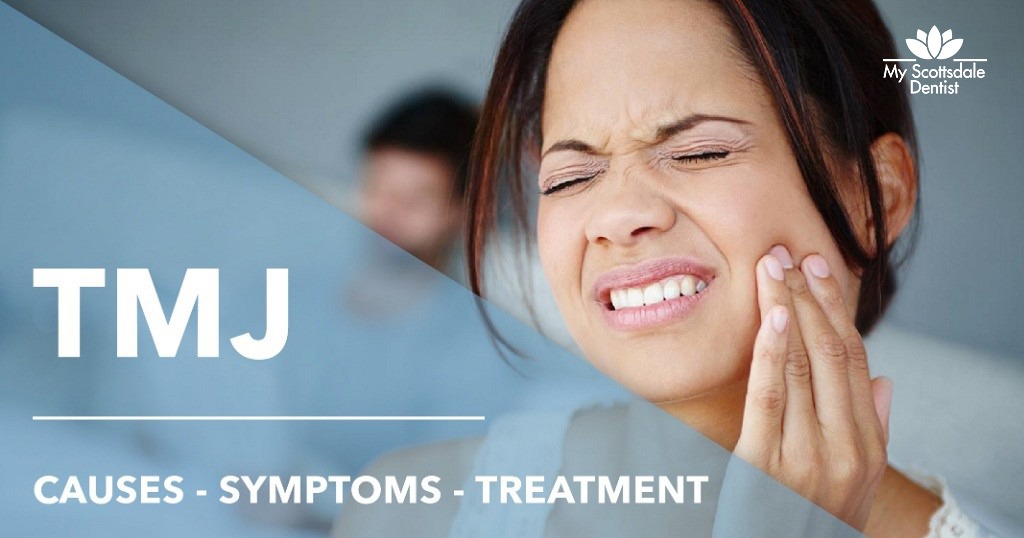TMJ Treatments
TMJ- stands for Temporomandibular joint or the jaw joint. Approximately 10 million people in the U.S. suffer from TMJ problems.

Temporomandibular joint disorder (TMJD or TMD), or TMJ syndrome, is an umbrella term covering acute or chronic inflammation of the temporomandibular joint, which connects the mandible to the skull. The disorder and resultant dysfunction can result in significant pain and impairment. Because the disorder transcends the boundaries between several health-care disciplines in particular, dentistry and neurology there are a variety of treatment approaches.
The temporomandibular joint is susceptible to many of the conditions that affect other joints in the body, including ankylosis, arthritis, trauma, dislocations, developmental anomalies, and neoplasia.
Signs and symptoms of temporomandibular joint disorder vary in their presentation and can be very complex, but are often simple. On average the symptoms will involve more than one of the numerous TMJ components: muscles, nerves, tendons, ligaments, bones, connective tissue, and the teeth. Ear pain associated with the swelling of proximal tissue is a symptom of temporomandibular joint disorder.
Symptoms associated with TMJ disorders may be:
- Biting or chewing difficulty or discomfort
- Clicking, popping, or grating sound when opening or closing the mouth
- Dull, aching pain in the face
- Earache (particularly in the morning)
- Headache (particularly in the morning)
- Hearing loss
- Migraine (particularly in the morning)
- Jaw pain or tenderness of the jaw
- Reduced ability to open or close the mouth
- Tinnitus/ringing in the ear
- Neck and shoulder pain
TMD is best diagnosed and treated by a Scottsdale, Arizona dentist specializing in TMJ treatment such as My Scottsdale Dentist and Dr. Steven H. Poulos, DDS Please call us at 480-614-1122.
